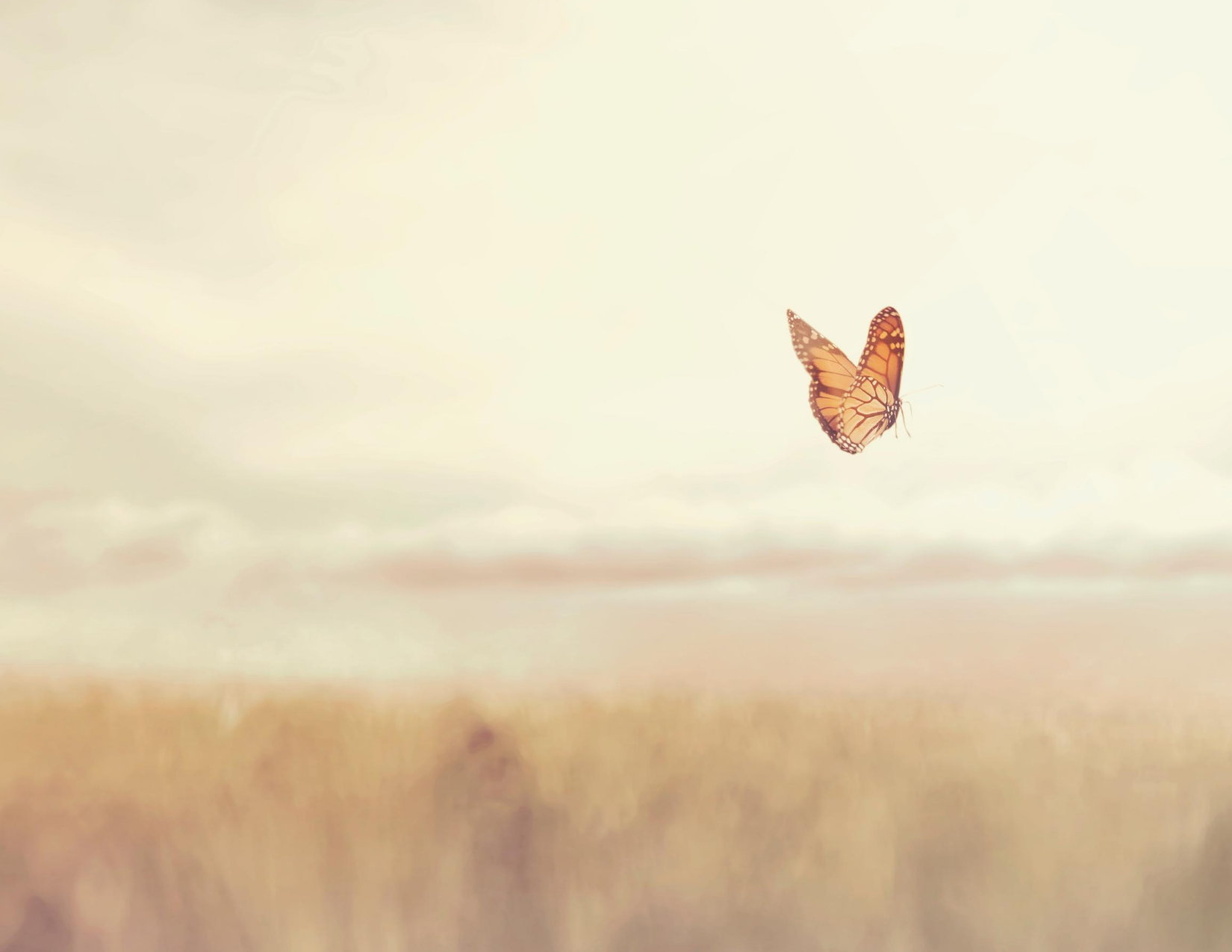Life Examined Podcast Rethinks Death
With a new virus ravaging populations across the world and physical distance separating loved ones in unfamiliar ways, thoughts of mortality, spirituality, and death become acutely relevant. Life Examined, a new podcast on Los Angeles public radio station KCRW, probes questions of life, death, and the challenges in between.
Pathologizing death
One episode in particular turns our attention to accepting mortality, planning for our end of life, and what we can learn from other cultures when it comes to death and dying. Host Jonathan Bastion speaks to Larry Sellers, a practitioner of Native American funeral practices, about the starkly different perspective his culture takes on death and dying.
“The dominant culture here is to make everybody afraid of death,” leading to a society in which death and death care is hidden away, pathologized, and professionalized.
Because “in traditional cultures, there isn’t death, there’s only a change of worlds,” Indigenous people like Sellers have a less adversarial relationship with death. Viewing death as an integral part of a natural cycle eases the pain of grief. “As a society we believe the community and heritage comes first, so in death, you would be willing to sacrifice yourself, so that the people on Mother Earth can continue to survive.” Death, then, becomes a natural process and a gift to future generations.
Primal engagement
Mortician and Order of the Good Death founder Caitlin Doughty agrees.
“Never in history has there been a society that has so successfully hidden away death,” she says, pointing out that death is now almost exclusively handled by professionals, removed from the home and the family. But, Doughty argues, “engagement with the dead body itself is primal.”
Caring for the dead at home is a timeless human ritual that can ease the grief journey. Pathologizing the dead body and professionalizing death care has, in Doughty’s opinion, removed us from an important part of the grieving process and made death more frightening and painful than it needs to be. She advocates that families work with their funeral directors to find the level of engagement they’re comfortable with, taking control of the decisions surrounding their loved one.
Families often feel more empowered and connected by taking part in death care.
“Being with the body and helping the body make that transition is so important,” Sellers says, regardless of spiritual beliefs.
For many Indigenous people, US law or cemetery regulations prohibit traditional natural burial practices by requiring metal caskets or concrete vaults. Natural burial or “green burial,” now gaining popularity with environmentally-minded Americans, is nothing more than what traditional burial has been for thousands of years.
Planning can ease the pain
Dr. B.J. Miller, a palliative care expert, emphasizes the importance of planning for death early, before it becomes an urgent matter. For Miller, one of the biggest lessons from the current moment is the importance of making end-of-life preparations early.
“A lot of people say, I just want to make sure I’m not a burden to my family,” he notes. “Dying at home is doable, especially with hospice,” he says, but without advanced care planning, it may not happen the way you want. Having conversations with loved ones, documenting your final wishes, and putting your legal affairs in order provides peace of mind for yourself and your loved ones and sets the stage for a “good death.” As a hospice worker with years of experience sitting at the bedside of dying patients, Dr. Miller knows that nothing can quite assuage the uncertainty and fear that comes with the end of life, but that having difficult conversations early on can ease the process.
For many people, the COVID-19 pandemic brought these issues suddenly and violently into sharp focus. Life Examined joins other voices in the movement to destigmatize death, ease conversations around end-of-life, and engage people in rethinking our conceptions of death and dying.




